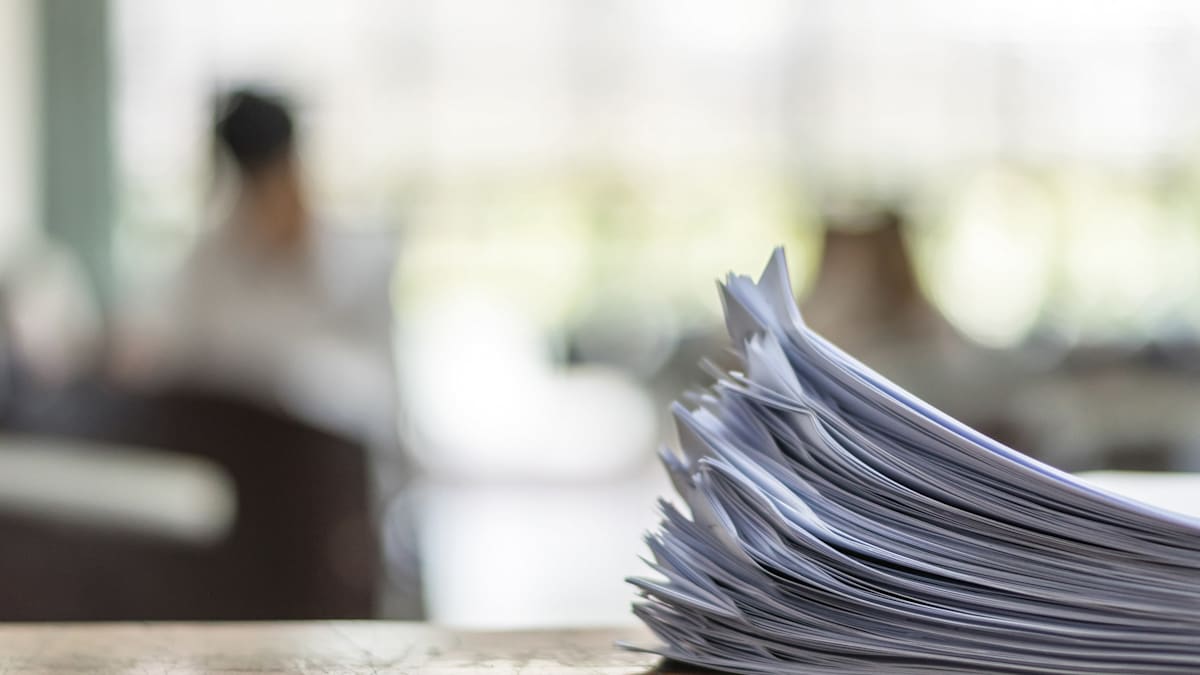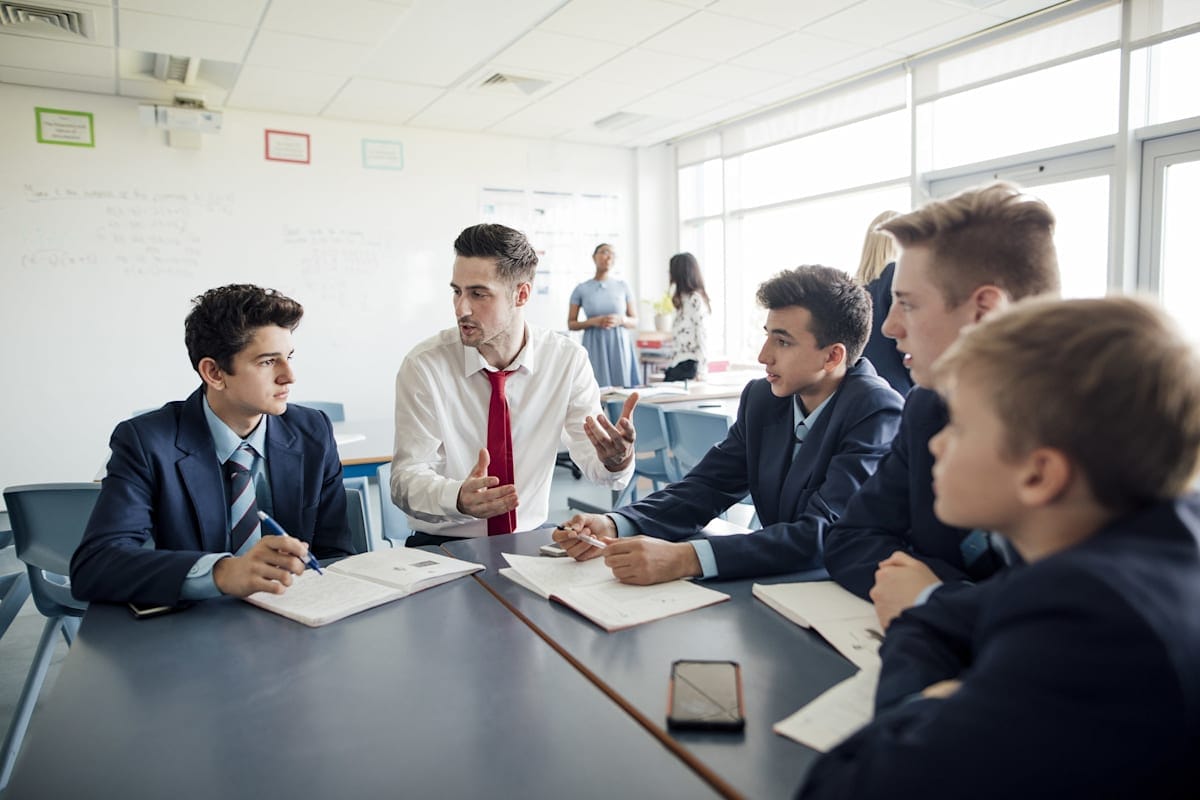
There’s been a great deal of discussion recently about Australia’s teachers and the challenging workplace conditions they’re facing. This includes the National Teacher Workforce Action Plan, which has generated important conversations about teacher shortages.
One of the significant issues raised by our own research, and that of others, is that teachers aren’t feeling respected or appreciated for their work. But what does this mean, and what can be done to change it?
In May this year, we surveyed almost 5000 teachers across Australia to ask them about their working conditions. Their responses provided insights into the ways disrespect is impacting teaching across the country.
Overall, seven in 10 teachers don’t feel respected, and it has significant implications for teacher retention.
Policy and politicians
The expectations for teachers to account for their work have expanded in recent decades. Communicating students’ achievements is important, but the excessive requirements for teachers to collect and report data, then to justify the ways that they teach, can be demoralising.
A driver of this has been the narrow performance measures assessed by the NAPLAN program. NAPLAN was introduced in Australia in response to expansions of global testing programs such as PISA.
Excessive reporting and compliance requirements, as well as the narrowed curricula, have cascaded down from the standardised testing regime in this country and had concerning impacts.
These performance pressures find their way into policy development and the political discourse.
Read more: Listening to non-native English-speaking teachers could help solve the shortage
One example of this was seen in the lead-up to the recent Victorian state election. When promoting their proposed education policy, which included the introduction of a mandated phonics program aimed to improve literacy results, the opposition spokesman for education described the policy as “ending the era of guesswork”.
Comments like this imply teachers were not previously informed by experience, expertise, or ongoing professional development. Concerningly, this kind of language undermines teachers’ expertise and influences the public narrative.
This type of rhetoric has been abundant in Australia, and our study showed the impact – just one in 10 teachers felt politicians respected them.
Teachers are experts. They care about children and their learning. They’re professionals with deep knowledge and experience, but too often this isn’t reflected in policies, nor the associated political and media commentaries.
And to add insult to injury, while the use of “evidence-based” approaches are pushed heavily by policymakers, in Australia education research receives less than 1% of research funding.

From the newspaper to the classroom
Research has shown that teaching receives more negative media attention than other professions. These adverse sentiments work their way into the professional relationships that teachers navigate every day in their classrooms. Negativity about teacher quality translates into a lack of trust in teachers’ expertise.
Our research found that in 2022, seven out of 10 don’t feel respected or appreciated, despite the fact that in 2019, public opinion research suggested that there were high levels of respect for teachers, and a 2020 follow-up survey found this improved due to teachers’ responses to the COVID-19 pandemic.
This disconnect highlights a gap between what we think and how we behave.
Read more: Jason Clare has a draft plan to fix the teacher shortage. What needs to stay and what should change?
Teachers have told us that one way that they feel disrespected is from the excessive monitoring of their work. The expectations for them to justify and explain their decisions about curriculum, teaching approaches and classroom management are high.
Alongside this, they report they’re frequently questioned, challenged, and even abused (including physically).
In our survey, teachers described such things as constant emails from parents, students’ disregard for expectations of behaviour and basic courtesy, and a sense of individual entitlement that compounds with the competition that’s inherent in our education systems.
As a society, most people agree we need to respect and appreciate teachers, but often this doesn’t seem to translate into action. In the bustle and rush of our lives, we engage less with school communities, and are less likely to notice or acknowledge the many, many positive experiences that most children have at school.
Why it’s important right now to increase the respect
The situation for teachers in Australia right now has far-reaching consequences. Teaching has just been added to the National Skills Commissions priority list, and teacher shortages are already having damaging effects on the education of children and young people.
Our research shows teacher retention will be a crucial ongoing issue, with seven in 10 teachers saying they plan to, or would like to, leave the profession. If we can make changes so that we don’t lose those currently considering leaving, and possibly also entice back some teachers who have already left, it might make a significant difference.
Everyone in the community should consider these issues as a wake-up call. We can all do more to respect and appreciate teachers.
A place to start is to recognise that teachers deserve to feel safe in their workplaces and valued for their expertise, and this needs to start with respect.
Let’s also remember that, ultimately, the working conditions our teachers are experiencing are the learning conditions of our children and young people. If we don’t improve the ways we respect teachers, their education may suffer.

We need to stop blaming teachers for failings that are out of their control. We need to trust them, and value their training and expertise. We need to believe they’re teachers because they care about our students and our communities.
We need to uphold basic expectations of safety and courtesy for our teachers, so they’re not exposed to disrespect and abuse that we wouldn’t accept elsewhere.
If we can do these things, we might help break down the constraints that stop teachers from embracing their innate passion and creativity. They’ll continue to improve their practice and do the best for their students, because it’s in their nature to do so.
These actions to enhance respect will result in more positive and productive relationships between teachers and students, as well as with colleagues, and parents.
These relationships are the foundations that will enhance students’ wellbeing as well as their educational achievement – and will ultimately strengthen our society.





